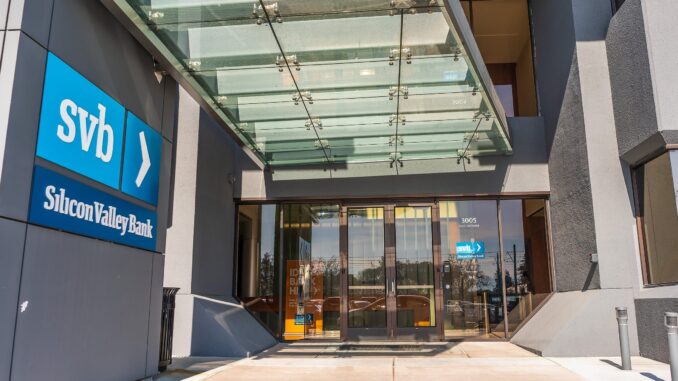
While LCD tracked just six broadly syndicated loan deals in 2022 in which Silicon Valley Bank was an agent or arranger, the uncertainty created by Friday’s events and concerns of broader contagion prompted a flight to safety among investors.
The yield on ten-year US Treasuries had plunged to 3.45% at the start of today, from 3.81% as of Thursday morning, and was 3.55% at press time.
Digging deeper, the mortgage real estate investment trust segment of the index underperformed on Friday relative to the broader market, with loans backing Blackstone Mortgage Trust and Apollo Commercial Real Estate plunging several points over the past several days.
Blackstone Mortgage Trust’s term loan B due April 2026 (L+225, 0% Libor floor) and its term loan B-4 due May 2029 (Sofr+350, 0.5% floor) both fell to a 94-bid level today, from 96.25/97.25 on March 9. Meanwhile, Apollo Commercial Real Estate’s term loan B due May 2026 (L+275, 0% Libor floor) and its term loan B-1 due March 2028 (L+350, 0.5% Libor floor) dropped to 92.5/94.5 and 90/92, respectively, from around 95.5/97 and 92.75/94.75 on Friday.
Given the nature of SVB’s concentration, the technology and software industries have also been in focus with the software portion of the Morningstar LSTA US Leveraged Loan Index dropping 0.21% on Friday, IT services dropping 0.22%, biotechnology declining 0.24% and health care technology declining 0.26%.
The software industry accounts for the largest portion of the index, representing 12% of the outstanding loans within it. That is more than six percentage points larger than the next largest industry in the index.
Among the biggest decliners today in the software industry were Misys’ term loan B due June 2024 (L+350, 1% Libor floor), which was quoted down more than two points, to 92/94 level; Dell Software’s (Quest/One Identity) term loan B due February 2029 (Sofr+CSA+425, 0.5% floor), which was marked down to 82.5/84.5, from 86/87 on March 9; and Cloudera’s term loan B due October 2028 (Sofr+375, 0.5% floor), which fell to 92.5/93.5, from 94.75/96 on Friday.
Looking ahead, it remains to be seen what impact the slumping secondary market will have on what has already been a choppy year for the new-issue loan market. Declining secondary loan prices can make it more difficult to complete new term loans in the primary market as the yield required to price the new deals must increase to compete with the rising yields in the secondary.
Institutional new-issue supply has remained sparse so far in 2023, with year-to-date volume totaling just $47.5 billion through March 10, compared to $100.6 billion in the same period last year.
Two-thirds of the new institutional volume in 2023 has represented refinancing activity. That compares to just 20% for refinancings in the same period of 2022.
Source: finance.yahoo.com



